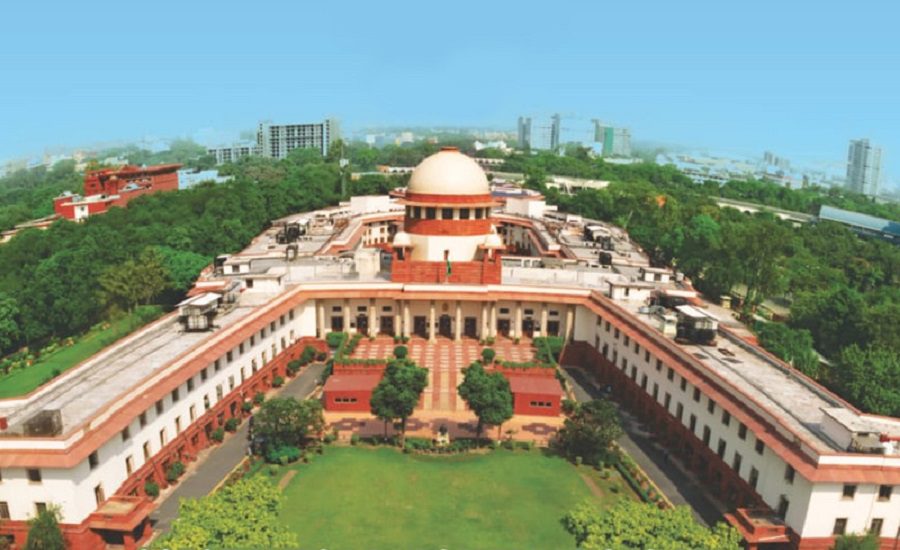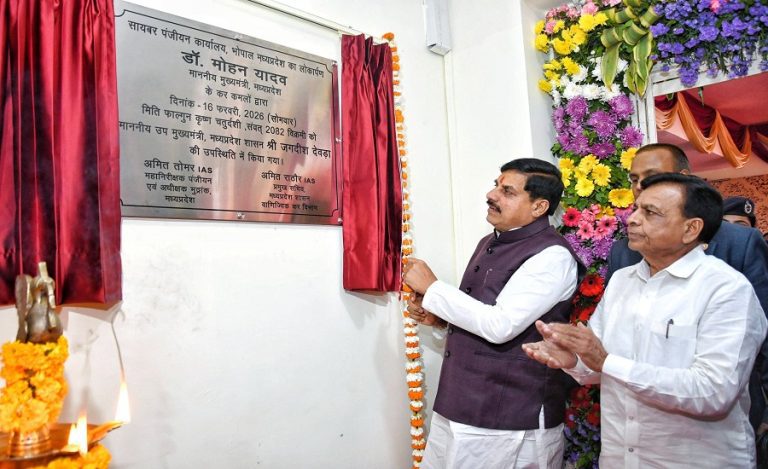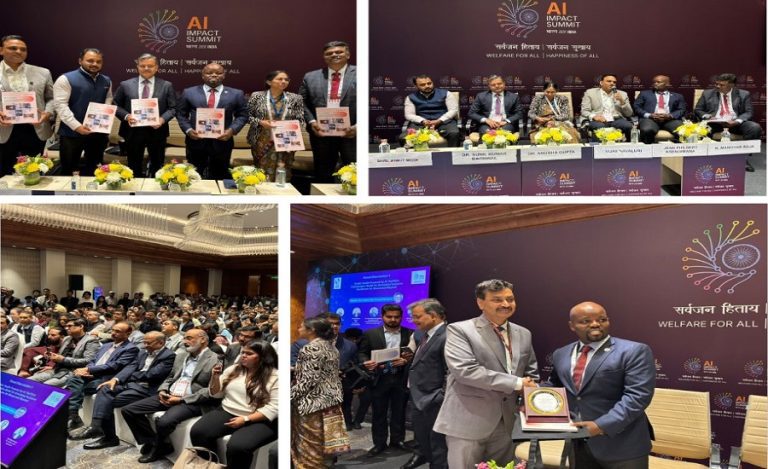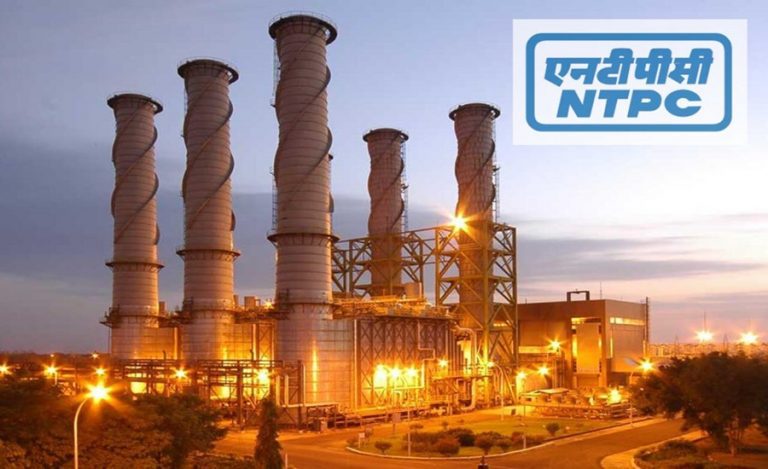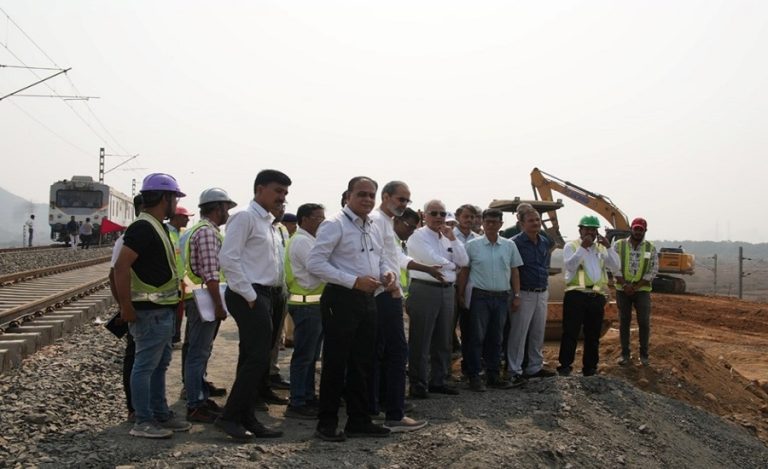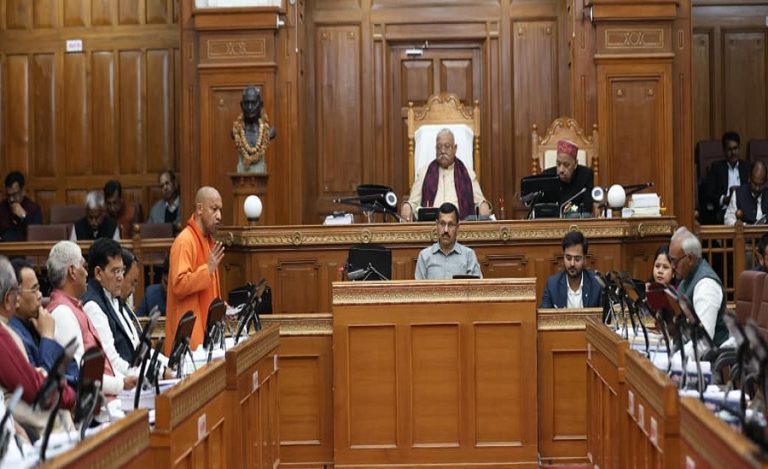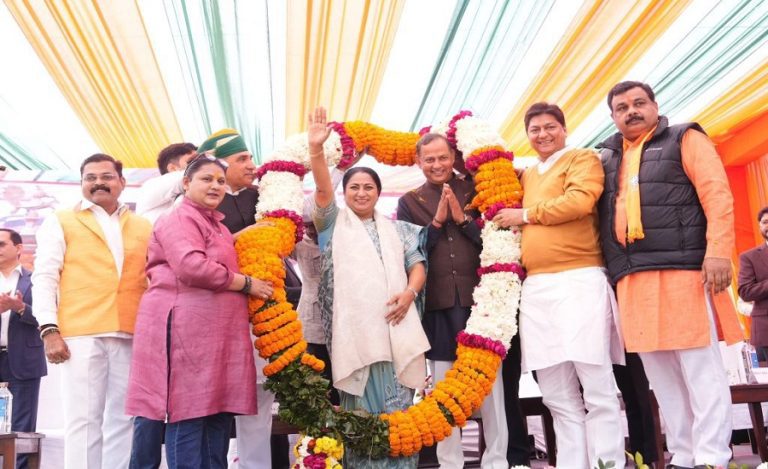New Delhi: In a landmark move, the Supreme Court of India (SCI) has called upon the Law Commission of India to prepare a comprehensive roadmap for using blockchain technology to reform India’s property registration regime. With property disputes forming the majority of civil cases and registration not equating ownership under current laws, this initiative signals a major push towards modernising land records and boosting citizen confidence.
Background of the Story
India’s system for immovable-property transactions has long wrestled with a gap: while the Registration Act, 1908 mandates registration of instruments, it does not guarantee title or ownership. Buyers must therefore perform extensive title searches and face risk of disputes. The court highlighted that roughly 66% of all civil litigation revolves around property issues.
Against this backdrop, the SCI bench of P. S. Narasimha and Joymalya Bagchi observed that the time has come “to simplify the sale and purchase of property and to align India’s laws with technological progress.”
Blockchain in Land Registration: What the Court Ordered
The bench directed the Law Commission to study how blockchain can be used to restructure the property registration process and move towards conclusive titling.
- It asked the Law Commission to consult the Union Government, State Governments and IT experts during the process.
- The Court noted that reform may require reviewing and harmonising several central laws: the Transfer of Property Act, the Registration Act, the Stamp Act, the Evidence Act, the Information Technology Act, and the Data Protection Act.
- The judgment arose in the context of a challenge to amendments to Rule 19 of the Bihar Registration Rules, 2002 dealing with registration when mutation proof is missing.
Why Supreme Court Backs Blockchain in Land Registration
The Court explained that blockchain technology offers immutability, transparency and traceability — features which can transform the traditional land-record system.
Under a blockchain-enabled property-registration framework:
- Cadastral maps, survey data and revenue records can be integrated into one verifiable digital system.
- Ownership transfer could become faster, better secured against fraud or unauthorised alteration.
- The registration would move closer to being conclusive proof of ownership rather than simply a record.
Blockchain in Land Registration: Challenges & Legal Fixes on the Table
- The Court flagged that adoption will not be plug-and-play: multiple statutes and institutional practices must be overhauled. For example:
- The Registration Act 1908 currently deals with registration of documents, not titles.
- The evidence and conveyancing laws may need updates to reflect a digital-blockchain basis.
- Coordination will be required between central laws and state-level registration, mutation and revenue systems.
- Ensuring data-protection, cyber-security and interoperability across states would be essential.
Faces Behind This Judgement
The judgment came from a bench comprising Justices P. S. Narasimha and Joymalya Bagchi.
- Justice P. S. Narasimha: A senior judge of the Supreme Court of India.
- Justice Joymalya Bagchi: Co-member of the bench.
While neither are singled out beyond their judicial roles in this decision, their combined directive reflects a forward-looking judicial perspective seeking systemic reform.
Importance of Blockchain in Land Registration for Citizens & Real-Estate Sector
For a prospective buyer: The shift may mean less paperwork, fewer risks of hidden title disputes and a quicker registration process.
For real-estate developers: A blockchain-backed title system could lead to higher transparency, reduced fraud and smoother sales & transfers.
For governments and states: Digitised records can translate into better governance, improved revenue collection and fewer litigations over land.
For the judicial system: A move to conclusive titling may reduce the massive load of property-related suits.
Looking Ahead: The Roadmap & Time-frame
- The Law Commission of India has been asked to submit recommendations after consulting states, the Centre and tech experts.
- Once the roadmap is ready, legislative amendments and structural overhauls will follow.
- The implementation will likely proceed in phases: pilot projects in certain states, digitisation of maps and records, roll-out of blockchain infrastructure, and eventual nationwide adoption.
- Stakeholders will need to monitor how states adopt the model, funding and tech readiness, and how the private sector integrates with public registry systems.

